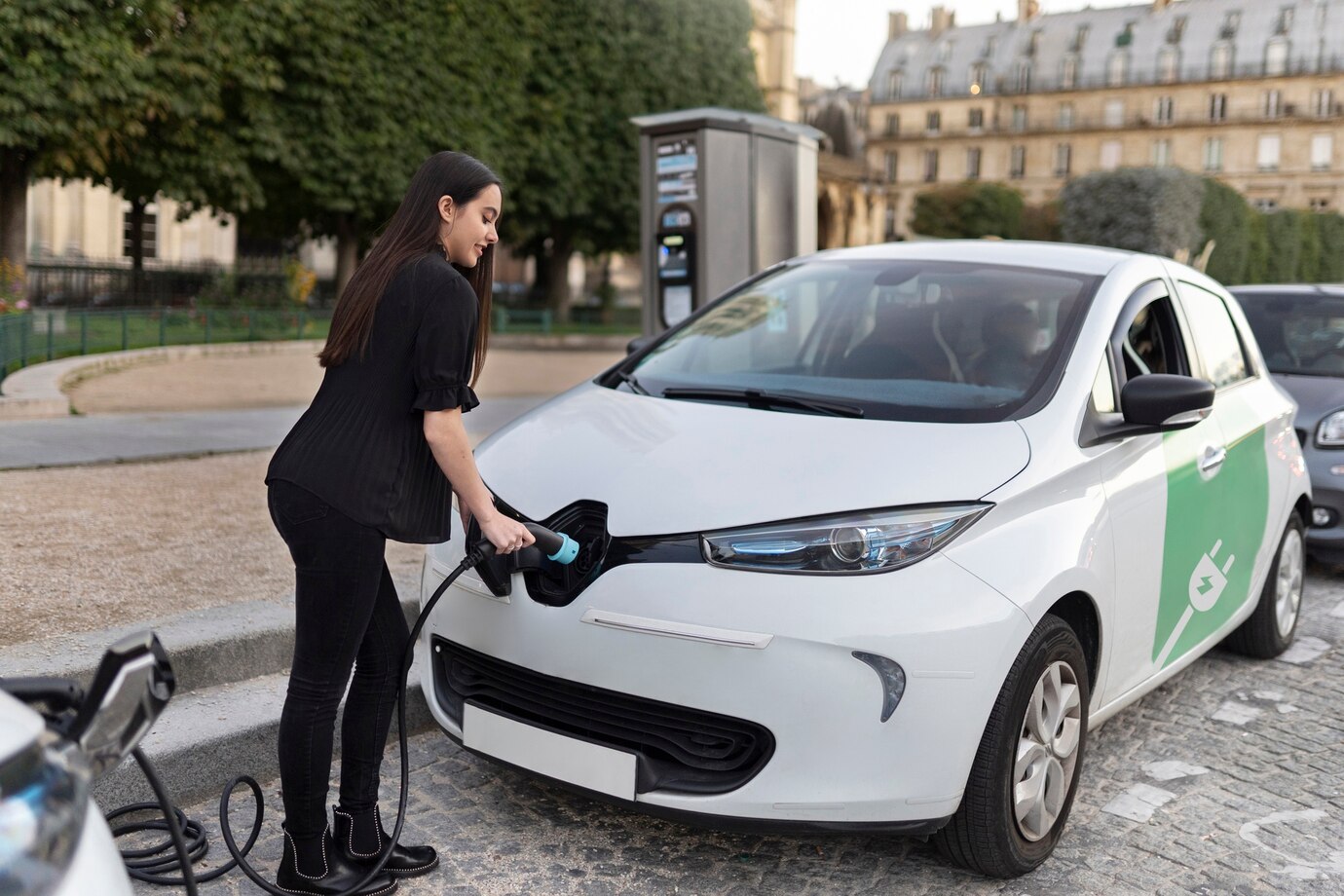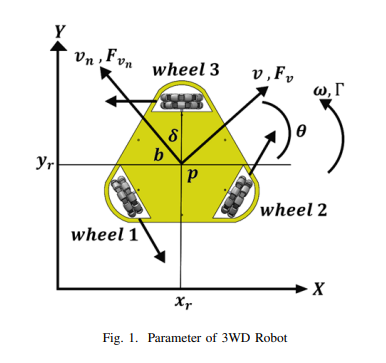Faculty Office Ext.
1763
Faculty Building
UB2
Office Number
S25
Dr. Mohamed. A. Wahby Shalaby is an associate professor in the Mechanical Engineering program at the School of Engineering and Applied Sciences (EAS), Nile university. He is an associate professor in the fields of artificial intelligence, information technology and robotics. He received the BSc. and MSc. degrees in computer engineering from Cairo University, Egypt, and the Ph.D. degree in electrical and computer engineering from Concordia University, Canada in 2012. Recently, He is assigned to be the EAS Quality assurance unit Manager. Dr. Shalaby has been an associate editor of the Egyptian Informatics Journal, Elsevier, since 2015. He is also an IEEE member of the computational intelligence society and IEEE SA (Standards Association). In addition, Dr. Shalaby has been a founding member of the multi-disciplinary Smart Engineering Systems Research Center (SESC) at Nile University, Giza, Egypt.
Pagination
- Artificial Intelligence
- Deep Learning
- Robotics and Computer Vision
- Biometrics
- Image Encryption
- Image and Video Processing

Optimization of Fuzzy Electric Vehicle Routing Problem

Sate flow modelling and Control of Home Appliance

Optimization of Fuzzy Electric Vehicle Routing Problem

Electric Vehicles Utilization for Freight Transportation in Egypt: Opportunities and Challenges





